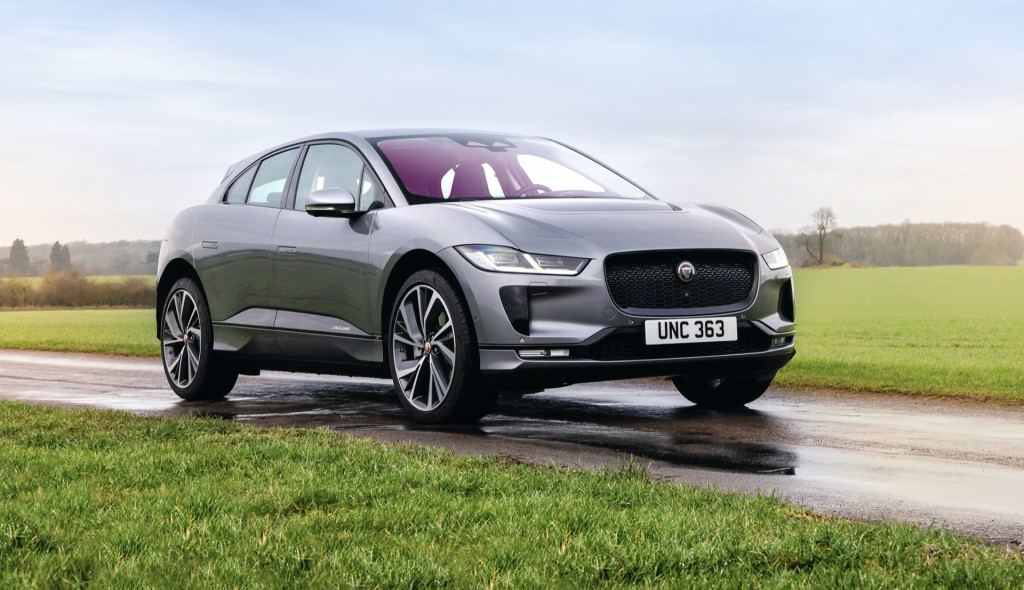Report: Jaguar looking for new platform for EV lineup, after canceling XJ flagship
After cancelling plans for an all-electric remake of its XJ flagship sedan, Jaguar is looking for a new platform to underpin its future EV lineup, Jaguar Land Rover’s CEO said in an interview with Autocar published Wednesday.
Jaguar now aims to launch electric cars that target new markets, rather than making electric versions of its past models, recently-installed boss Thierry Bolloré said. The goal is “distinct cars with no overlap,” he said.
To achieve that goal, Jaguar is looking for a new EV platform that is “easy to change in size as necessary,” Bolloré said. The brand reportedly hasn’t decided whether to design its own platform, or source one from a third party.
The I-Pace SUV—Jaguar’s only current all-electric model—will survive with updates, but will be considered separate from other upcoming EVs, scheduled to start arriving in 2025, according to Autocar.

2022 Jaguar I-Pace
All other Jaguar models will continue to be updated, but won’t be replaced at the end of their lifespans, the magazine reported. The automaker previously said all its model introductions would be electric by 2025, with the goal of making the entire lineup electric by 2030. So like the XJ, other nameplates from existing models may not carry over to new EVs.
After ending production of internal-combustion XJ in 2019, Jaguar teased an all-electric version with an unconventional design, but then cancelled the project earlier this year.
Reports at the time claimed JLR was shifting resources to the rumored Jaguar J-Pace electric SUV (and a Land Rover Road Rover sibling), but it’s unclear if the new development direction sketched by Bolloré will change that.
The automaker is also considering bringing hydrogen fuel-cell tech to its largest vehicles to counter the “diminishing returns” of batteries in big SUVs. That’s a strategy that might possibly extend to Jaguar’s largest models.

